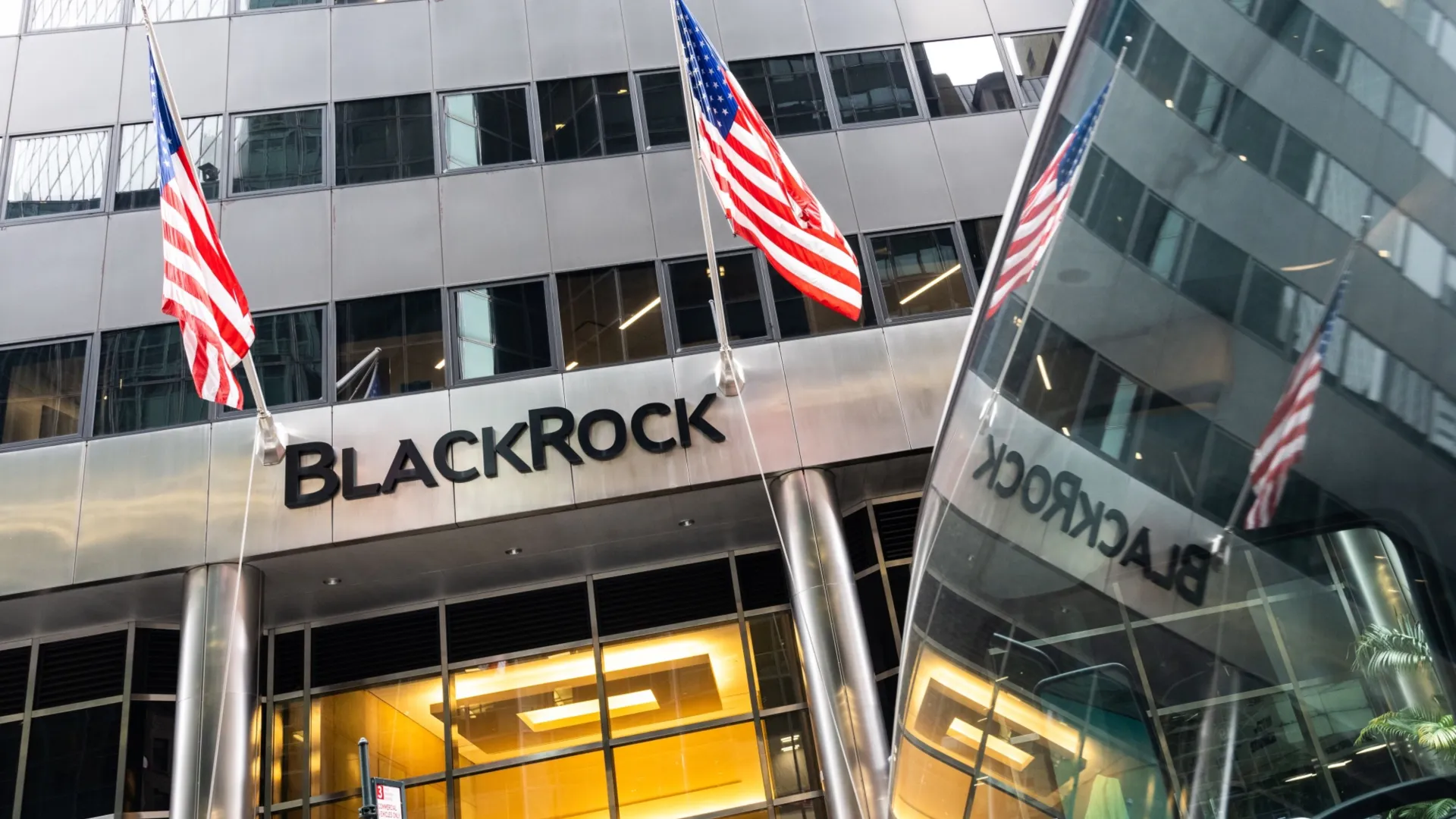- BlackRock CEO Larry Fink warns that the U.S. dollar’s status as the world’s reserve currency is at risk due to mounting debt, with digital assets like Bitcoin emerging as potential alternatives.
- He also highlights the transformative potential of tokenization, which could revolutionize investing by making assets more accessible and transactions faster through blockchain technology.
In a striking warning to investors, BlackRock CEO Larry Fink has raised concerns about the long-term stability of the U.S. dollar as the world’s reserve currency. In his annual letter to investors, Fink cautioned that if the United States fails to manage its mounting debt, digital assets such as Bitcoin could emerge as a viable alternative to the dollar.
Also read: Chainlink Payment Abstraction Goes Live: Enhancing Crypto Payment Efficiency
Mounting Debt Threatens Dollar’s Dominance
Fink underscored that the U.S. has long enjoyed the benefits of having the dollar as the world’s primary reserve currency, but he stressed that this status is not guaranteed. Since the inception of Times Square’s debt clock in 1989, U.S. national debt has been growing at three times the rate of GDP. With interest payments projected to surpass $952 billion this year—outpacing defense spending—the country faces a precarious financial future. By 2030, mandatory government spending and debt service could consume all federal revenue, pushing the U.S. into a permanent deficit.
While Fink acknowledged the transformative potential of decentralized finance, he warned that Bitcoin’s increasing adoption as a safe-haven asset could erode America’s economic advantage. “Decentralized finance is an extraordinary innovation,” Fink noted. “Yet that same innovation could undermine America’s economic strength if investors begin viewing Bitcoin as a safer bet than the dollar.”
Bitcoin ETFs and Institutional Adoption
Fink highlighted BlackRock’s significant role in the cryptocurrency sector, particularly with the success of its U.S. spot Bitcoin exchange-traded fund (ETF), IBIT. Launched less than a year ago, IBIT has rapidly grown to over $50 billion in assets under management, making it the largest ETF launch in history. The fund attracted $37.4 billion in net inflows in 2024 alone, outperforming competitors like Fidelity’s FBTC.
Furthermore, BlackRock has expanded its Bitcoin offerings beyond the U.S., launching exchange-traded products in Canada and Europe. Fink even speculated that if investors globally allocated just 2% to 5% of their portfolios to Bitcoin, its price could skyrocket to $700,000 in the future.
The Promise of Tokenization
Beyond Bitcoin, Fink emphasized the revolutionary potential of asset tokenization. He likened the transition from traditional financial markets to blockchain-based investing to the shift from postal services to email. Tokenization, he argued, could eliminate inefficiencies by enabling real-world assets such as stocks, bonds, and real estate to be traded digitally, reducing settlement times from days to mere seconds.
“Every stock, every bond, every fund—every asset—can be tokenized,” Fink stated. “This innovation will democratize investing, making high-yield opportunities more accessible to everyday investors.”
A Future of Financial Transformation
Despite economic uncertainty, Fink expressed confidence in the resilience of capital markets. While digital assets pose a potential challenge to the dollar’s supremacy, he remains optimistic that technological advancements will ultimately expand investment opportunities for all.
As digital finance continues to evolve, Fink’s warning serves as a wake-up call for policymakers to address fiscal imbalances before investors turn to Bitcoin and other digital assets as their preferred store of value.




